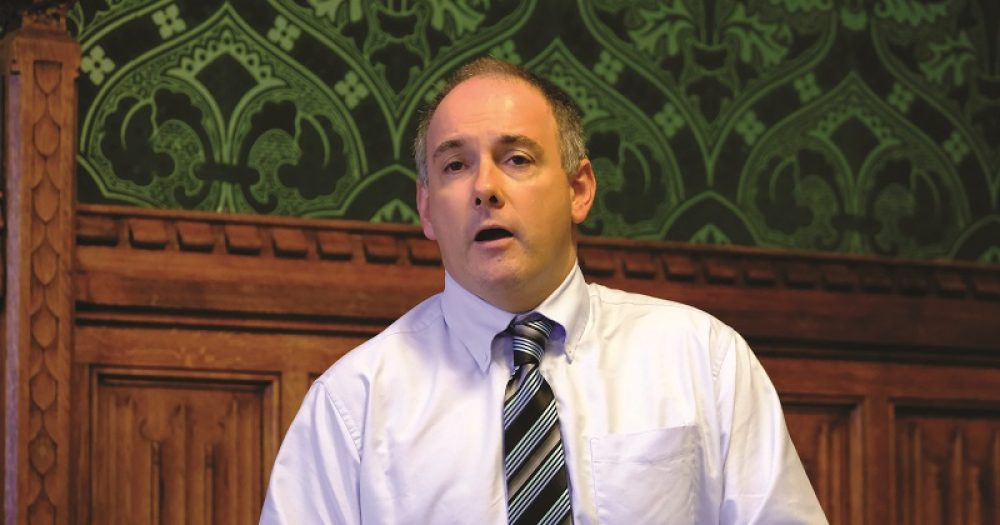Ministers have slapped down the Local Government Association (LGA) over calls for small schools to be “exempt” from the apprenticeship levy, claiming most should not have to pay it.
The LGA, which represents local authorities across England, says small council-maintained schools should be given the “same treatment” as small academies and faith schools, which do not have to pay the tax if their payroll bills are less than £3 million.
The government claims that councils, as the employer of most staff in community schools, will be responsible for paying the levy on their behalf when it comes in later this year.
However, as councils increasingly seek to pass on the cost to schools, a war of words has broken out between local and national government.
In the majority of cases, local authorities will be responsible for paying the levy in the community schools they maintain
The levy will see all employers, including councils and multi-academy trusts, in England with wage bills larger than £3 million pay a tax equivalent of 0.5 per cent of their payroll. In exchange, they will be able to claim digital apprenticeship vouchers to pay to train their own apprentices.
Schools Week revealed in November that several councils plan to pass on the cost of the levy to schools by top-slicing it from their budgets, a move which prompted a backlash from headteachers.
Richard Watts, the leader of Islington Council and chair of the LGA’s children and young people board, claimed it was “discriminatory” for small council-maintained schools not to be exempt from the levy.
He said such schools would be “forced to find additional money to pay the Levy, whilst an academy or faith school with an identical wage bill can invest that money in making sure their pupils get an excellent education”.

But Robert Halfon (above), the skills minister, said local authorities would be responsible for paying the levy on behalf of the community schools they maintain “in the majority of cases”.
“We expect these schools to have full access to funding for apprenticeship training and will support all employers, including schools and local authorities, in using levy funds to invest in quality apprenticeships.”
The government claims it will support “all employers, including schools and local authorities”, in using the levy funds to invest in apprenticeships.
However, the intervention has prompted calls for clearer guidance on how the levy will be collected from community schools which don’t pay their staff through councils.
Kevin Courtney, the general secretary of the National Union of Teachers, told Schools Week the government should ensure the levy did not have to come from school budgets, or at least put additional funding in place to pay for it.
“It is still wholly unclear how the levy will be collected from community schools which do not use LA payroll services, or how voluntary aided schools which do use LA payroll services will have their exemption protected.
“If the levy does have to be paid from any school or academy budget, then the government should increase their funding to compensate. However, as we now know, 98% of schools face real terms cuts between now and 2020. Schools cannot afford yet more cuts in funding, especially cuts which fall as capriciously as these.”








I can confirm that in both East Sussex and Kent, both Local Authorities have confirmed that Schools that are Community or Voluntary Controlled (i.e. come under the LA as employer) will have to pay the apprenticeship levy.
How the Government can claim that they are expecting LA’s to pay the levy without passing it on to Schools, I don’t know – when the DfE has issued a bulletin to Schools about it saying:
“Community schools (including voluntary controlled schools)
Local authorities will typically be responsible for paying the levy in community schools they maintain, where the local authority employs the staff and pays National Insurance contributions (NICs). Such staff will be counted as part of the local authority’s payroll. We expect the cost of the levy to be passed on to schools in the same way that employer National Insurance and superannuation is.”
http://amazingapprenticeships.com/wp-content/uploads/One-pager-for-schools-Apprenticeship-Levy-and-Public-Sector-Duty-05-01-17-v1.pdf